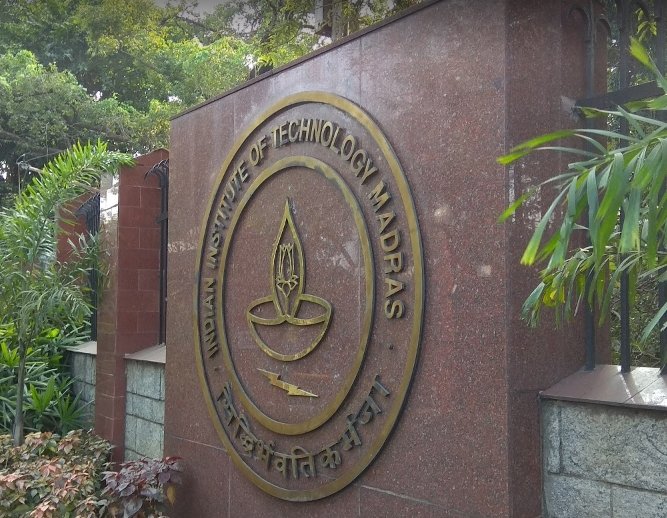
IIT Madras, Harvard Researchers Develop Algorithm to Combat Poaching
BOSTON, MA (IANS) – Indian Institute of Technology, Madras and Harvard University researchers have developed a novel Machine Learning algorithm named ‘CombSGPO’ – Combined Security Game Policy Optimization – that can help in saving wildlife from poaching.
As per the Worldwide Fund for Nature, wildlife trade poses the second biggest direct threat to the survival of species after habitat destruction. While several organizations and regulatory authorities are trying to curb the incidences of poaching, the poachers seem to have always remained one step ahead.
This collaborative research work by two esteemed universities is aimed at and hoped to help in keeping poaching incidents in check.
The researchers found that combined and coordinated use of forest eangers and drones were a good way to protect wildlife from poaching. As the resources, both rangers and drones, are limited, the researchers developed this algorithm, which provides a good strategy to protect wildlife within the limited available resources; moreover, such highly efficient strategies that are more scalable than the earlier ones created for the same purpose.
The algorithm works by handling resource allocation and strategizing patrolling after the extent of resources available had been identified. For this task, it utilizes data on the animal population in the conserved area and assumes that poachers are aware about the patrolling being done at various sites.
Balaraman Ravindran, Mindtree Faculty Fellow and Professor, Department of Computer Science and Engineering, IIT Madras, and the Head of Robert Bosch Centre for Data Science and Artificial Intelligence (RBCDSAI), at the institution, collaborated with Milind Tambe’s Research Group – Teamcore – at Harvard University, to carry out this study.
This algorithm utilizes a Game Theory-based model created by the researchers. In the context of wildlife protection, Game Theory pertains to predicting the areas where poaching may take place. These predictions are based on the earlier poaching incidents and the interaction between poachers and defenders.




